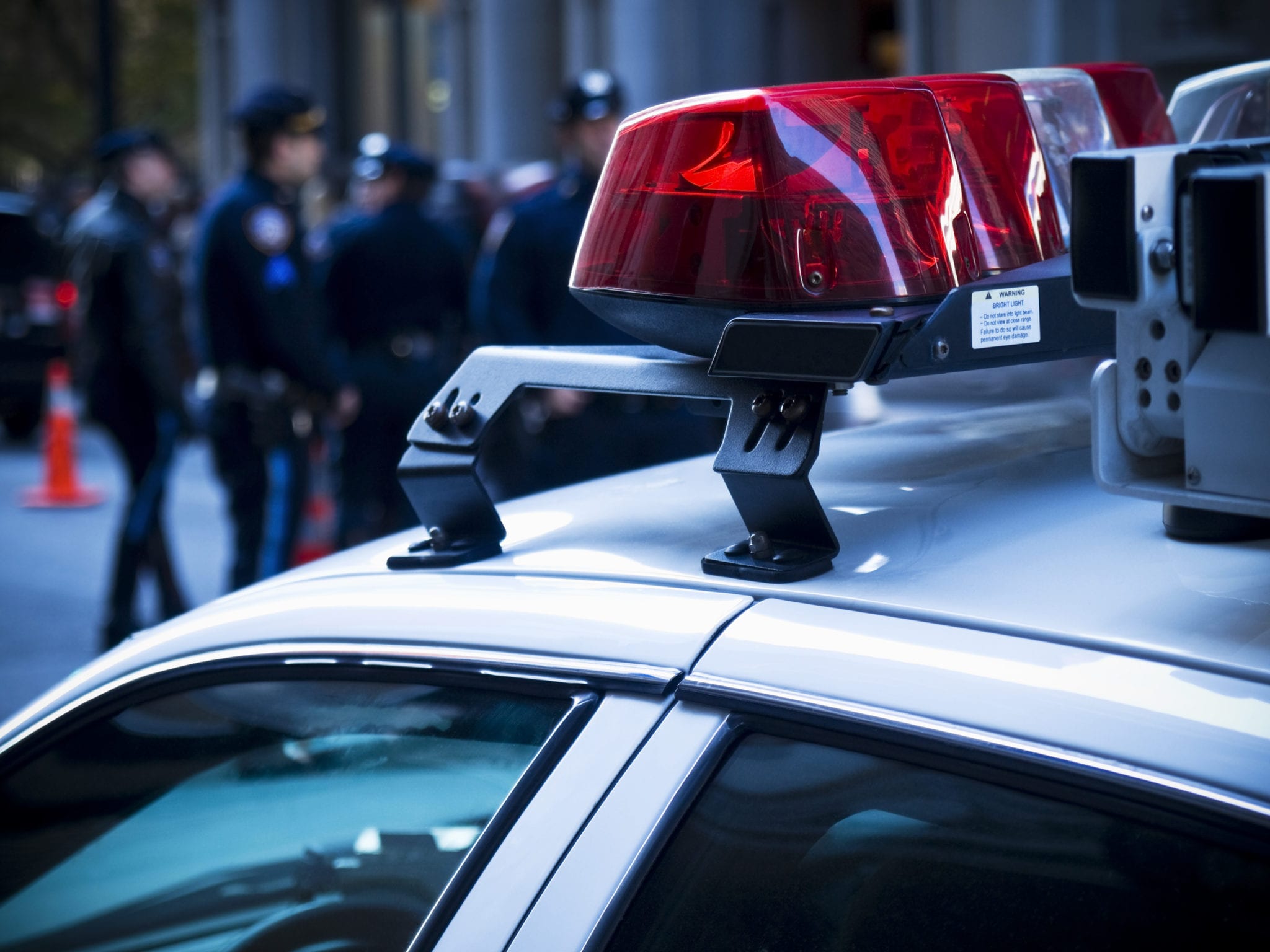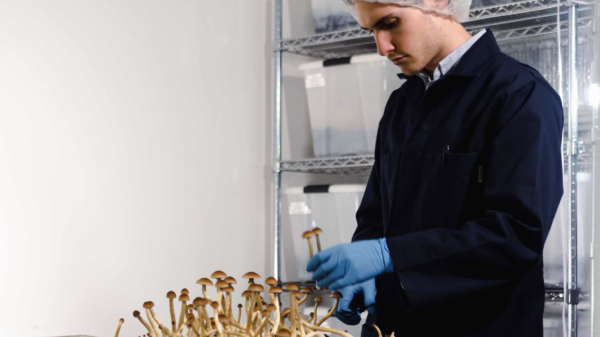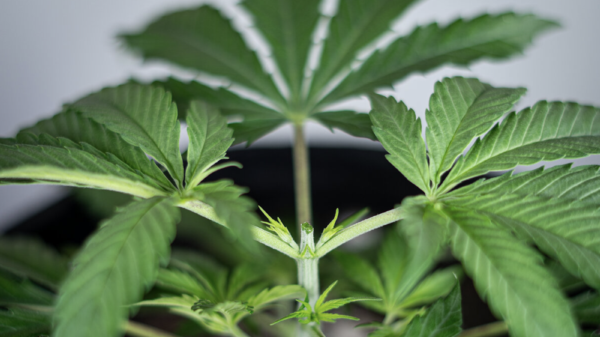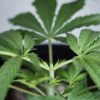Manitoba’s new illicit cannabis ticketing rules are being called “policy nonsense” by some big names the weed industry.
On Monday, the province announced its officers will be able to punish anyone caught with illicit or improperly packaged cannabis with a fine of up to $672, instead of charging them and sending them to provincial court.
Anyone with more than 30 grams of non-medical cannabis in a public space, or carrying pot that is not stamped and labelled in accordance with federal legislation, can be ticketed by provincial officers as well as federal officers as of Jan. 1, 2020.
“Our government has made health and safety our top priority throughout the legalization process,” Justice Minister Cliff Cullen said Monday in a statement. “These legislative changes about possession restrictions give provincial inspectors the ability to seize illicit cannabis, helping us crack down on the illicit market without further increasing the burden on police officers.”
Manitoba’s cannabis laws ‘policy nonsense’
That argument is rubbish, according to the head of Leafly Canada.
This is policy nonsense. If we want to thwart the illicit market, make legal #cannabis accessible. How does this affect medical patients? What about gifting out of province? Homegrown? #cdnpoli https://t.co/tCPEpORlU0
— Jo Vos (@JoVos) December 11, 2019
“This is policy nonsense,” Leafly managing director Jo Vos tweeted. “If we want to thwart the illicit market, make legal #cannabis accessible. How does this affect medical patients? What about gifting out of province? Homegrown?”
Manitoba already runs a tight ship when it comes to legal cannabis, prohibiting home cultivation, public smoking and vaping. Underage cannabis consumers can also be slapped with a $672 fine, according to the province’s website.
There is also a bill in front of government to ban the public use of edibles, oils and other THC-containing formats of cannabis, according to Global News.
Jenna Valleriani, CEO of the National Institute for Cannabis Health and Education, also criticized Monday’s announcement.
“Manitoba is out to lunch,” she tweeted. “The answer is not more enforcement and more regulation. If truly serious about combating the illicit market, make legal cannabis (including home grown) accessible for adults — which can be done responsibly.”
https://twitter.com/jennav5/status/1204651326841462785
The province charges a number of fees and taxes on recreational sales.
The Manitoba Liquor and Lotteries charges a $0.75 per gram fee, as well as an additional nine per cent mark-up on all wholesale cannabis, which is similar to liquor sales, according to the government website. The government will also collect a social responsibility fee from retailers based on their annual sales to help cover the cost of policing, cannabis addiction, enforcement and court costs, it says.
Recreational cannabis will be exempt from the provincial sales tax because that would “increase the cost to consumers and reduce the competitiveness of legal sales,” according to the provincial website.
Manitoba’s weed facts website totes questionable claims
Manitoba’s conservative cannabis policy comes with a weed facts website, which lists several claims about health risks associated with cannabis use. Some of these have been called into question by medical professionals, such as the claims cannabis can cause an overdose or premature childbirth.
While it is possible to over-consume and “green out” on cannabis — a term for the uncomfortable, sometimes nauseating or panic-attack inducing side effects of getting too high — there are no known cases of anyone dying from consuming too much weed.
Leafly has written extensively about cannabis overconsumption and more information can be found on their website about how emergency medical responders and doctors help people when they are too high, and how to help a friend who took too much cannabis.
Studies on the effects of cannabis use for pregnant women have also been called into question because the referenced studies were done on women who were also recreational users of other drugs such as alcohol and tobacco, Patricia Janssen, University of British Columbia school of population and public health professor, wrote in an email.
Researchers would need to study cannabis use in clinical trials before knowing more, she said.
“At this point, the evidence among healthy women is conflicting and awaits further rigorous research,” Janssen wrote.
Read more: Can cannabis … help reduce heroin use?
michelle@mugglehead.com
@missmishelle














